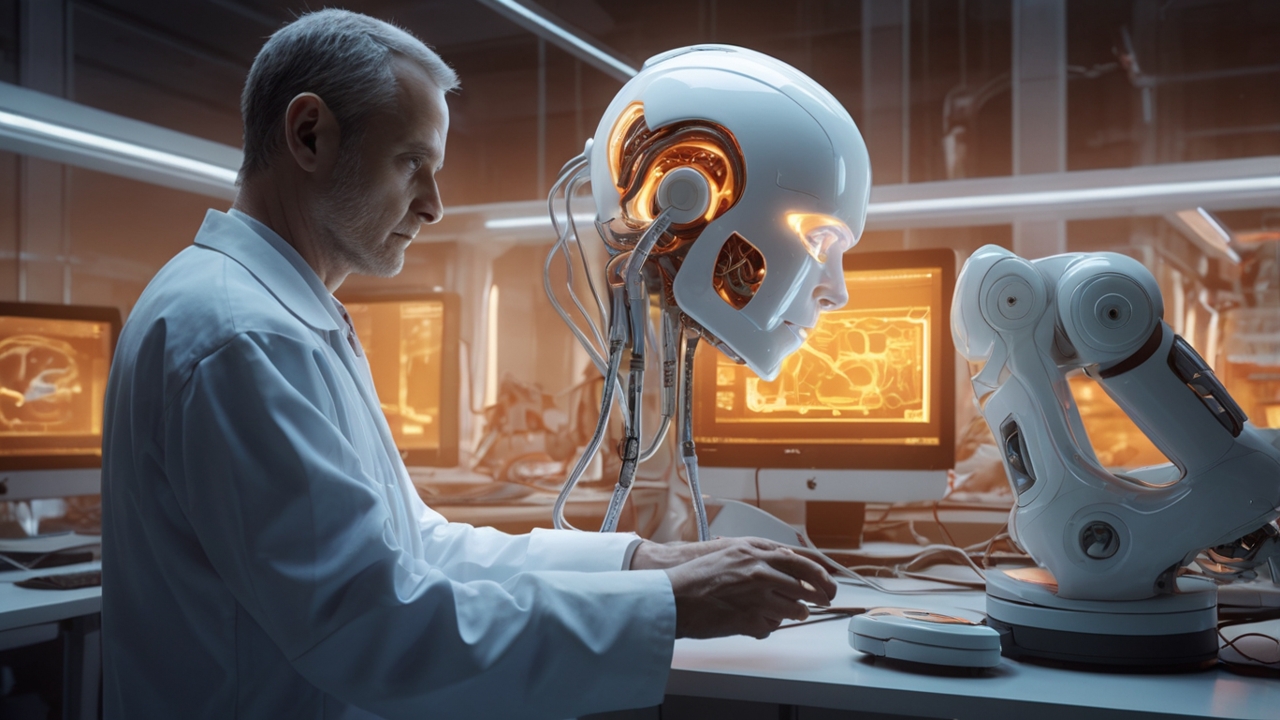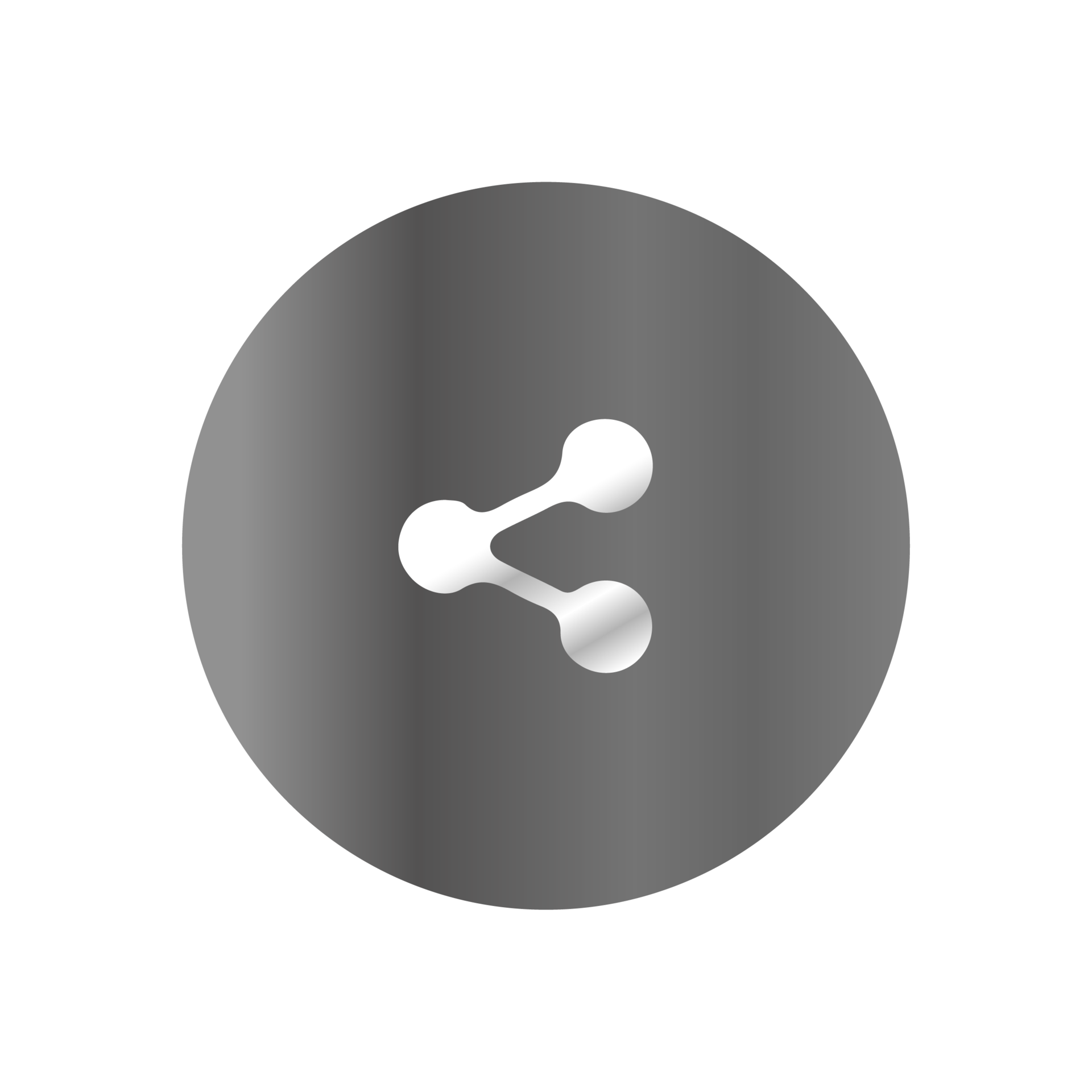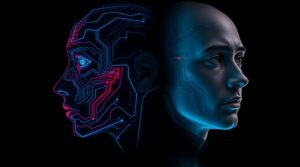Introduction: The Digital Shift in Healthcare
The healthcare industry is experiencing a major digital transformation, driven by advanced technologies like Artificial Intelligence (AI) and Blockchain. As global demand for better patient outcomes, improved efficiency, and secure data handling rises, healthcare providers are looking beyond traditional systems to solve complex challenges. AI is enabling real-time insights, predictive analytics, and smarter clinical decision-making, while blockchain introduces tamper-proof security, decentralized records, and trust in data sharing.
These technologies are not just add-ons but are becoming essential pillars in the digital healthcare infrastructure. From diagnostics to patient engagement and from billing to data interoperability, AI and blockchain are streamlining processes while upholding the highest standards of care and compliance.
This blog explores how these technologies are reshaping healthcare delivery, solving long-standing problems, and opening doors to innovative care models. Whether you’re a healthcare provider, technology leader, or policy maker, understanding their benefits is critical to staying ahead in this rapidly evolving industry.
Why Healthcare Needs Innovation
Healthcare has long faced inefficiencies that hinder both patient care and operational effectiveness. Traditional systems often involve:
- Fragmented patient records
- Delayed diagnostics and treatment
- Manual, error-prone administrative processes
- Poor data security and limited interoperability
These issues not only affect patient outcomes but also increase costs and burnout among medical staff. Moreover, with rising global health challenges—from pandemics to chronic diseases—there’s a need for real-time decision-making, predictive care, and robust data systems.
Innovation through AI and blockchain addresses these pain points by introducing intelligent automation, secure data sharing, and transparent workflows. Together, they can:
- Reduce diagnostic errors
- Improve operational efficiency
- Enhance data protection and compliance
- Enable personalized care pathways
Healthcare is no longer just about treatment; it’s about delivering precision care, protecting patient trust, and embracing future-readiness. By adopting AI and blockchain, the industry can move toward a smarter, more sustainable model of care.
What is AI in Healthcare? A Quick Overview

Artificial Intelligence (AI) in healthcare refers to the use of algorithms and machine learning models to simulate human cognition in the analysis and interpretation of complex medical data. Its role spans across diagnostics, treatment planning, patient monitoring, and administrative tasks.
Key applications include:
- Predictive analytics: Identifying at-risk patients and forecasting disease progression.
- Natural language processing (NLP): Extracting useful data from unstructured clinical notes.
- Machine learning: Improving the accuracy of diagnostic tools.
- Computer vision: Enhancing image analysis for radiology and pathology.
AI systems can process vast amounts of data faster than any human and provide actionable insights that enhance clinical decision-making. For example, an AI model trained on thousands of patient records can identify subtle patterns that predict heart disease or diabetes earlier than traditional methods.
Ultimately, AI does not replace healthcare professionals but augments their capabilities, enabling more informed, timely, and personalized care.
Blockchain Basics: More Than Just Cryptocurrency
While often associated with Bitcoin, blockchain technology holds significant promise in healthcare. At its core, blockchain is a decentralized, immutable ledger of records—meaning once data is recorded, it cannot be altered without consensus.
In healthcare, this translates to:
- Tamper-proof medical records
- Secure patient data sharing across institutions
- Transparency in clinical trials and drug supply chains
Each transaction on a blockchain is verified and time-stamped, ensuring accountability and traceability. This level of trust is vital in healthcare, where data integrity directly impacts patient outcomes and regulatory compliance.
Smart contracts—self-executing code on blockchain—can automate workflows like insurance claims or prescription fulfillment, reducing administrative burdens. Unlike traditional databases, blockchain offers peer-to-peer architecture, eliminating the need for intermediaries and reducing risks of single points of failure.
By ensuring security, transparency, and efficiency, blockchain brings a revolutionary change in how health data is managed and shared.
Enhanced Diagnostics and Personalized Care with AI
AI is transforming diagnostics by increasing accuracy and enabling personalized treatment plans based on individual patient profiles. Traditional diagnostic methods often rely on observable symptoms and a physician’s experience. AI, however, can analyze vast datasets—including genetics, lifestyle, and medical history—to detect diseases earlier and more precisely.
Key benefits include:
- Early detection of conditions like cancer or heart disease using predictive algorithms.
- Risk stratification, identifying patients most likely to benefit from specific treatments.
- Genomic analysis, allowing treatments tailored to a person’s unique genetic makeup.
For instance, AI can process data from wearable devices to detect irregular heartbeats and alert physicians in real-time. By combining AI’s analytical power with human expertise, clinicians can make faster, more informed decisions—leading to improved patient outcomes and reduced healthcare costs.
Revolutionizing Medical Imaging and Analysis

Medical imaging is one of the most promising areas for AI application. Radiology and pathology often involve analyzing complex images to identify abnormalities. AI-powered computer vision tools can detect patterns invisible to the human eye, enabling faster and more accurate diagnoses.
Applications include:
- AI-assisted radiology: Identifying tumors in X-rays, CT scans, and MRIs.
- Automated pathology: Analyzing biopsy slides for cancer detection.
- Ophthalmology: Detecting diabetic retinopathy and glaucoma from retinal images.
These tools not only increase diagnostic accuracy but also reduce workload for radiologists, allowing them to focus on more complex cases. AI can flag urgent cases for immediate attention and even prioritize patient scans based on severity.
By integrating AI into imaging systems, hospitals can achieve better throughput, faster turnaround times, and improved diagnostic confidence.
AI-Powered Virtual Health Assistants and Chatbots
AI chatbots and virtual assistants are revolutionizing how patients interact with healthcare services. These tools offer 24/7 access to basic medical guidance, appointment scheduling, and medication reminders—all without human intervention.
Key advantages:
- Improved patient engagement: Chatbots can answer FAQs, explain lab results, and provide health tips.
- Reduced administrative load: Automating routine queries frees up staff for critical tasks.
- Chronic condition management: AI assistants help patients track symptoms and adhere to treatment plans.
Virtual assistants can also act as triage tools, asking symptom-related questions and guiding patients to appropriate care—whether self-care, urgent care, or scheduling a doctor visit. This improves patient satisfaction and optimizes healthcare resources.
By making healthcare more accessible and responsive, AI-driven assistants promote continuous care and empower patients to take control of their health.
Streamlining Administrative Processes with AI
Administrative inefficiencies are a major source of waste in healthcare. From billing errors to insurance claims processing, manual workflows often lead to delays and increased costs. AI is helping streamline these processes through automation and intelligent data handling.
Key improvements:
- Claims processing: AI can validate and submit claims faster, reducing rejection rates.
- Medical coding: Automating medical billing codes from clinical documentation.
- Appointment optimization: AI can minimize scheduling gaps and reduce no-shows.
Healthcare providers are also using AI to manage inventories, predict supply needs, and optimize staff allocation. By reducing administrative friction, AI enables healthcare professionals to focus more on patient care and less on paperwork.
Efficient back-end systems translate to better patient experiences, reduced operational costs, and higher profitability for healthcare organizations.
Securing Patient Data Through Blockchain

In an era of frequent cyberattacks, securing sensitive patient data is paramount. Blockchain provides a secure way to store and share medical records, ensuring data privacy, integrity, and ownership.
Benefits include:
- Decentralized storage: No single entity controls the data, reducing the risk of hacking.
- Access control: Patients can grant or revoke access to their data as needed.
- Auditability: Every access or change is logged and traceable.
This level of control fosters trust between patients and providers. Moreover, encrypted data stored on blockchain ensures compliance with regulations like HIPAA and GDPR. With healthcare breaches on the rise, blockchain offers a forward-looking solution to protect digital health assets.
Improving Interoperability Between Healthcare Providers
A major challenge in healthcare is the inability of systems to effectively share data. Different hospitals, clinics, and labs often use incompatible systems, leading to fragmented patient care.
Blockchain addresses this by offering a standardized and secure method of data exchange. With a distributed ledger, providers can access accurate and complete patient records, regardless of the source.
Benefits include:
- Real-time access to patient history, lab reports, and prescriptions.
- Reduced duplication of tests and procedures.
- Continuity of care across different providers and geographic locations.
By ensuring data integrity and availability, blockchain enables more coordinated and efficient care—ultimately improving outcomes and reducing costs.
Fighting Fraud and Ensuring Compliance
Healthcare fraud costs billions annually through false claims, duplicate billing, and counterfeit drugs. Blockchain combats this by ensuring data transparency, traceability, and immutability.
Use cases:
- Claims validation: Smart contracts can verify insurance claims before processing.
- Drug supply chain monitoring: Track pharmaceuticals from manufacturer to patient.
- Clinical trial authenticity: Time-stamped records ensure research data hasn’t been tampered with.
By automating compliance and audit functions, blockchain simplifies reporting for regulatory agencies while deterring fraudsters. It also reduces the overhead of maintaining records for inspections and certifications.
This ensures that healthcare remains both ethical and efficient.
Data Privacy, Ethics, and Trust in the Age of AI & Blockchain
While AI and blockchain bring powerful capabilities, they also raise critical ethical questions. Who owns the data? How do we ensure AI decisions are unbiased? How do we maintain patient trust?
Key considerations:
- Consent management: Patients must have control over who accesses their data.
- Algorithm transparency: AI models should be explainable and free from bias.
- Equity in access: Tech should benefit all populations, not just those with resources.
Blockchain ensures privacy through encryption and access logs, while AI systems must be trained on diverse datasets to prevent bias. Together, they must uphold a healthcare system that is not only intelligent but also just and humane.
Case Studies: Real-World Impact of AI and Blockchain in Healthcare
Real-world implementations highlight the tangible benefits of these technologies:
- Mayo Clinic uses AI to streamline clinical trials and match patients to relevant studies.
- IBM Watson Health supports oncologists with evidence-based treatment options.
- MedRec (MIT) uses blockchain to manage medical record access and ensure data integrity.
- Pfizer and Chronicled use blockchain to track drugs in the supply chain and prevent counterfeits.
These success stories showcase how AI and blockchain go beyond theory to deliver measurable impact in care quality, cost efficiency, and operational effectiveness.
Future Trends: Where AI and Blockchain Are Heading

The future of healthcare is digital, predictive, and decentralized. Emerging trends include:
- AI-driven robotic surgeries
- Smart contracts for automated insurance reimbursements
- Decentralized clinical trials with blockchain-powered consent
- AI-driven mental health platforms and virtual care ecosystems
As these technologies mature, we’ll see more personalized, proactive, and patient-centric care models. The integration of AI and blockchain into wearable devices and remote monitoring systems will further blur the lines between clinic and home, bringing healthcare to the individual wherever they are.
Conclusion: A New Era for Healthcare
AI and blockchain are not merely disruptive technologies—they are foundational enablers for the next era of healthcare. Together, they address long-standing challenges and lay the groundwork for a smarter, safer, and more efficient healthcare system.
Healthcare providers, policymakers, and tech innovators must work together to implement these technologies responsibly and strategically. The goal is not just to digitize existing processes but to reimagine care delivery around data-driven, transparent, and patient-first principles.
The time to embrace this transformation is now. The health of future generations depends on it.












